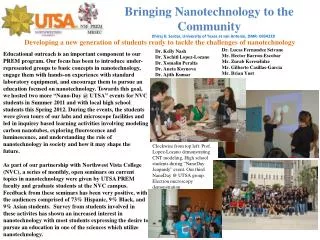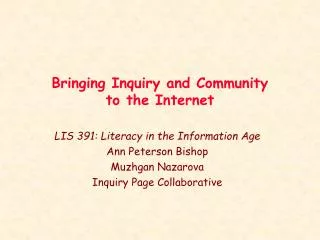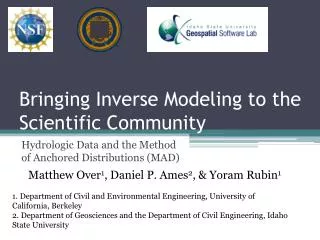Bringing Laughter to Your Community The Impact of Local Comedy
0 likes | 10 Views
Explore the profound impact of local comedy on community spirit. Dive into the joyous world of laughter and its positive influence on your neighborhood.
Download Presentation 

Bringing Laughter to Your Community The Impact of Local Comedy
An Image/Link below is provided (as is) to download presentation
Download Policy: Content on the Website is provided to you AS IS for your information and personal use and may not be sold / licensed / shared on other websites without getting consent from its author.
Content is provided to you AS IS for your information and personal use only.
Download presentation by click this link.
While downloading, if for some reason you are not able to download a presentation, the publisher may have deleted the file from their server.
During download, if you can't get a presentation, the file might be deleted by the publisher.
E N D
Presentation Transcript
More Related





















